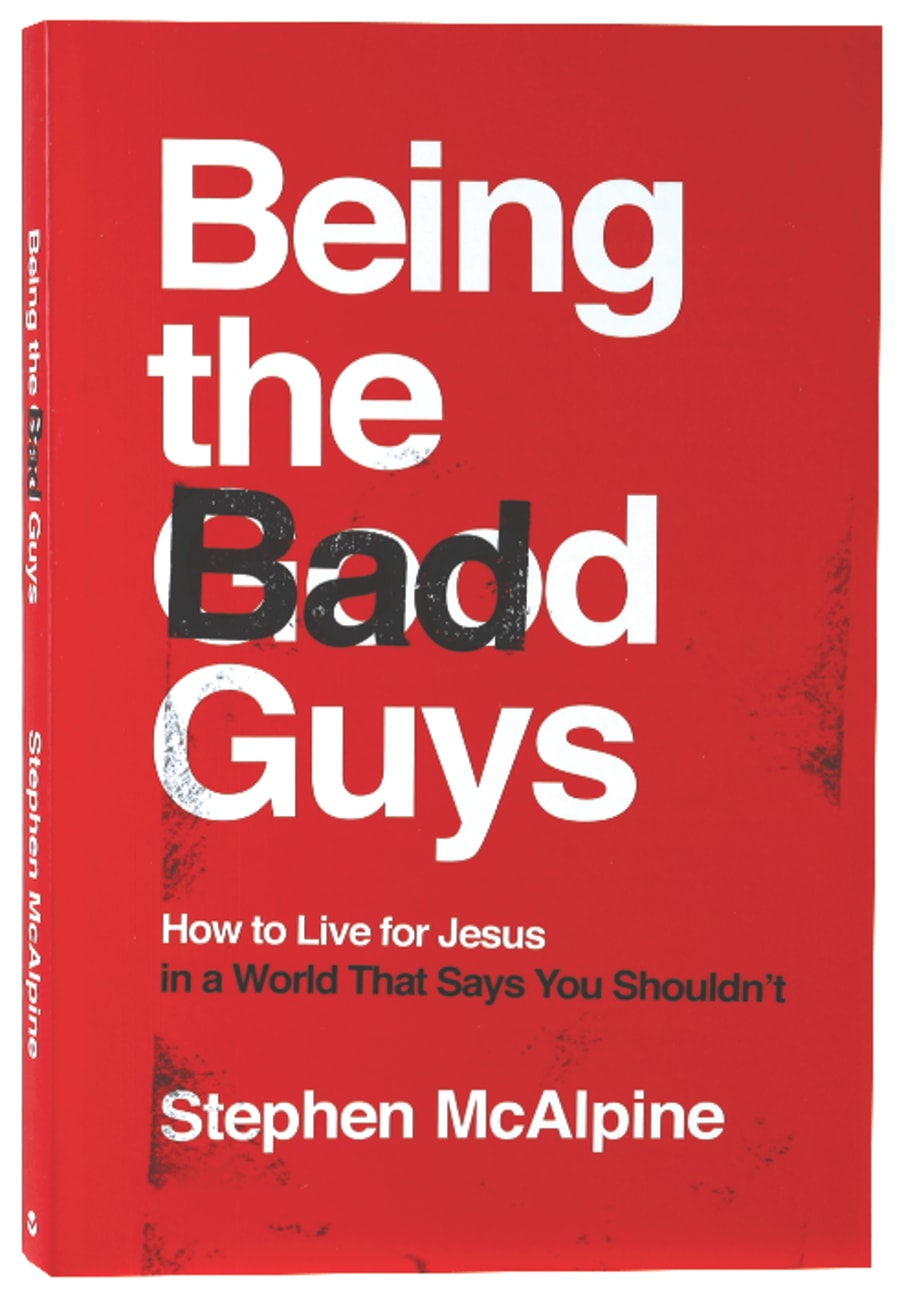This book was kind of a lightweight Rise and Triumph of the Modern Self but more accessible, Australian and practical. Rise and Triumph went into great depth of explaining how our culture got to where it is now, whereas this book, leaning on the same thinkers of Charles Taylor and Philip Rieff, it didn't go into so much depth. However, where Rise and Triumph in its last chapter sort of speculated on a response to our cultural climate, this book offered some advice and general frameworks on how to engage others around us about Jesus.
Our culture does not operate in a Christian worldview anymore. Most people have realised this, however, with the decline of Christendom there were people thinking that in the melting place of ideas, Christianity will at least get a voice, among others, and our content confidence in the truth will be persuasive and good ideas will rise to the top and people will see the Christian worldview is good. This is not the case, for our culture is not neutral, it has its own assumptions and stories that are embraced, to use Christian language, our culture has its own gospel that is the default position, which sees Christianity as intolerant, narrow and in some cases harmful. There are kind of two worlds, or two cities, of which Christians travel from one on a Sunday and then work and operate in another on Monday. This actually has been the history of the Church (and the Jews before that) for a long time.
Years ago I wrote an essay and touched on The Donatists, Waldensians, Lollards and Anabaptists who were Christian groups that went against the Christendom Empire and were hated for it (I don't necessarily agree with all their ideas). Conspirators in the Bible sought to bring Daniel down by tricking the king to play Danile's religion against himself. Jesus said to His followers to remember that the world hated His so it will also hate His followers (John 15:18-19, 1 John 3:13). This is part and parcel of living an alternate lifestyle.
Steve offers some good tips on how we are to live in this tension, of believing one worldview and working in another. One is not to play the victim card. The church has been in power for a long time and has made mistakes with its power - which we should openly recognise. Besides, the cultural narrative is that the church still has power so claiming victimhood from a perceived privileged position doesn't work. Some would say a great example of this is to look at Harry and Meghan.
Instead, the church should be different and embrace that. We may not get a fair hearing in the paper, or in court, and people will lose jobs for 7-year-old sermons that they may or may not have even heard. Most of us will not operate at that level. Some might, and hopefully, they will engage with a clear Biblical worldview, knowing they are going to get called named. But for all of us who don't have a microphone, I think Steve's advice really is to live godly lives and be there to help your college when things go wrong.
In a world that is all about the individual, and being true to yourself and sexual freedom, it sometimes means there is fallout when that authentic person leaves their partner for someone else, you may be there to comfort them. In a world that is anxious and stressed and in fear of being cancelled or offending anyone, you can be there to offer forgiveness and reconciliation, even if they wronged you. In Sam Chan's words, you may become their defacto chaplain when things go wrong. They may approach you as they know you don't gossip and go to Church so may have some sort of wise words. Your small group could cook your college meals and pray for them in their hard times.
There is a war about who has the best story in the culture. There is a narrative that everyone assumes to be true about the self, being an individual and meaning and purpose. The church could do with good storytellers and big platforms, but it may not get one. Instead, our story is one that is more grassroots and performative. It is about talking to the individual and living out the gospel message. The church is a community of believers who believe in grace. We should embrace our differences, live incongruent with culture and offer love and forgiveness and rest to our anxious world.
This was a pretty short book, which I read in my January holidays in about three sittings. When I got back from holidays to my surprise I found out that Steve McAlpine was speaking at my church the following week. Some of what he said has blurred into my review above. You can listen to that talk on Spotify.


0 comments:
Post a Comment